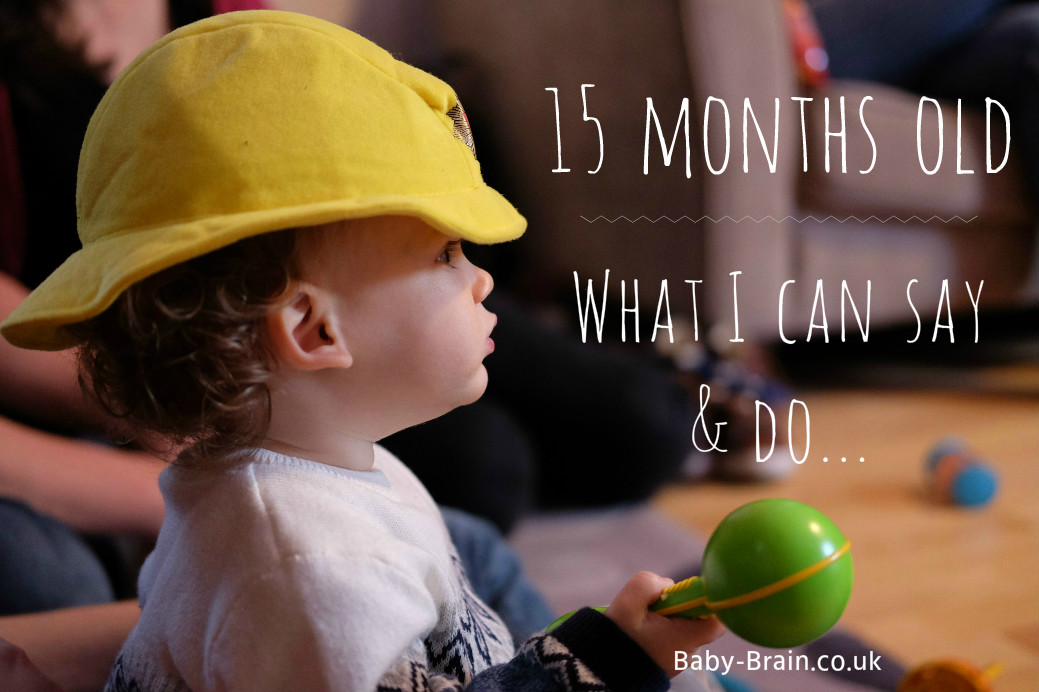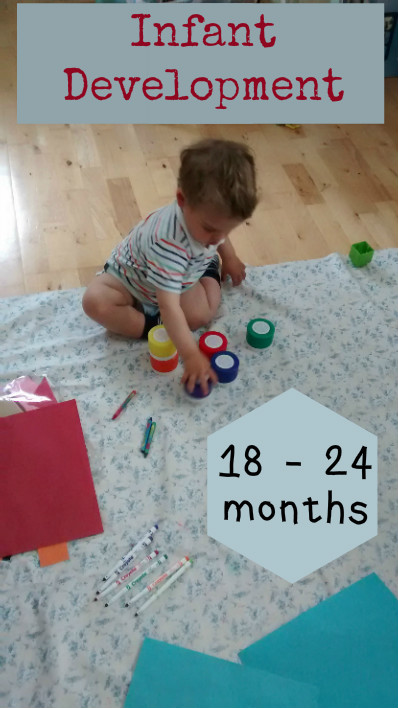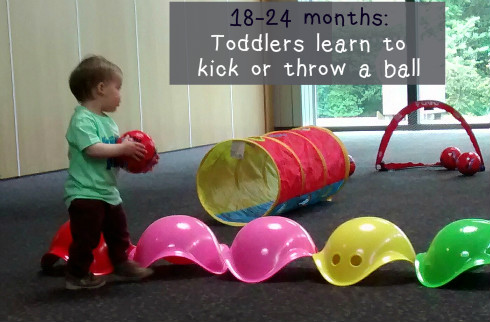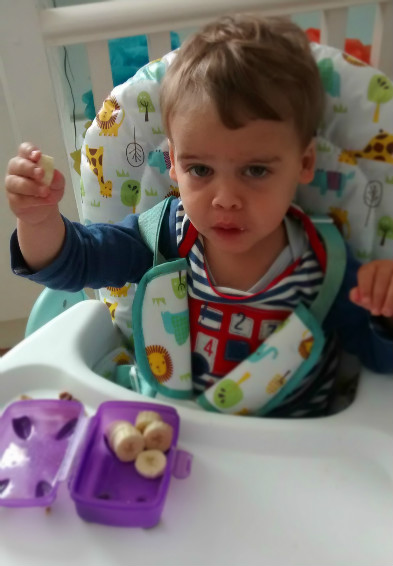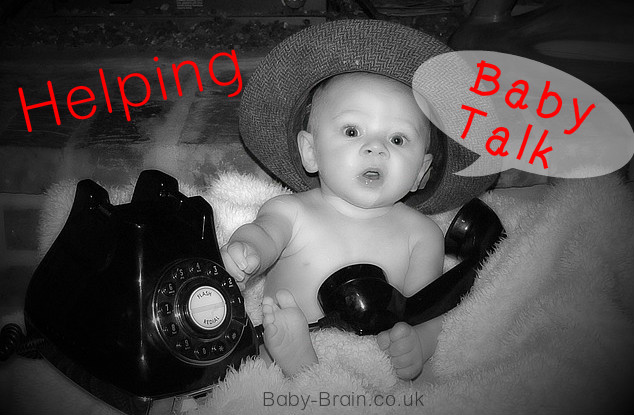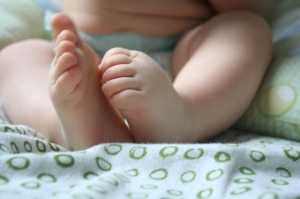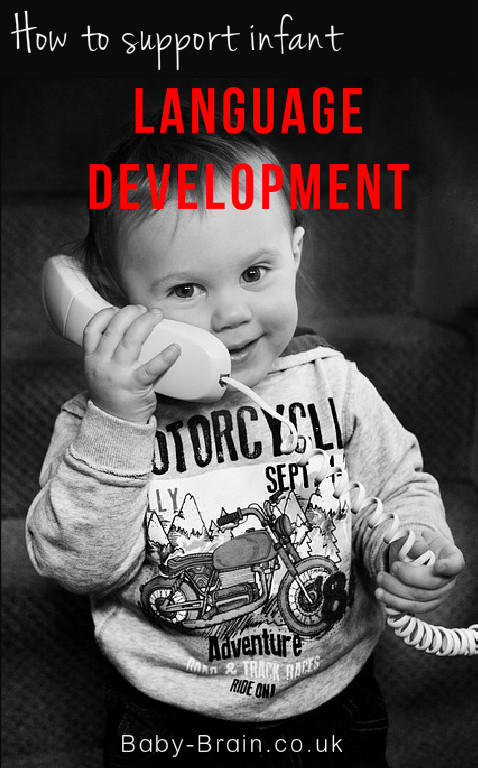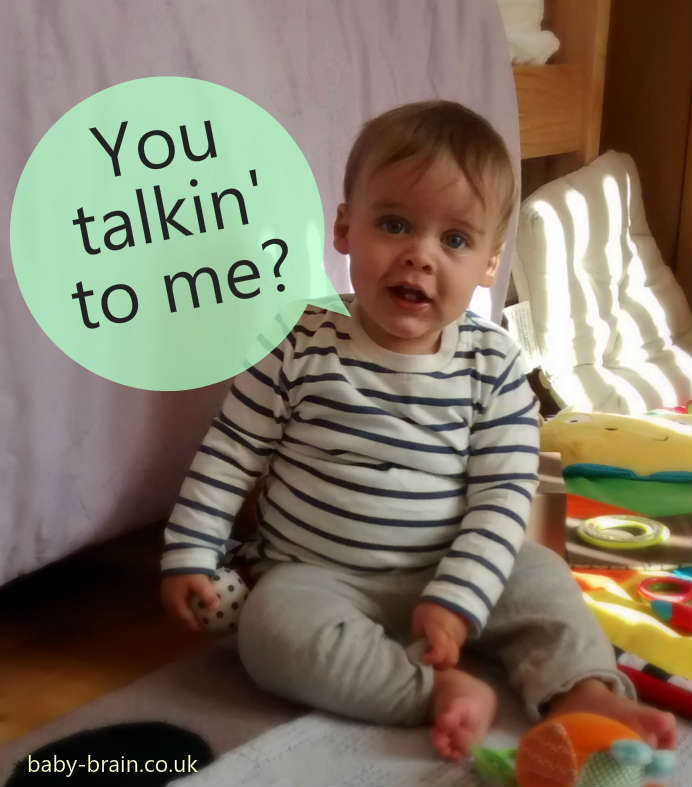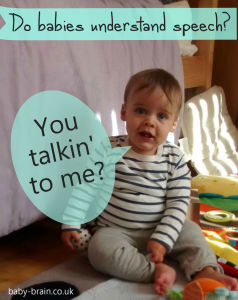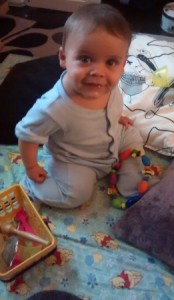
What? I like to sit with my legs like this
The Little Lovely is now 6 months and 3 weeks. I discovered he has another new tooth today, on the top to the right of his newish front teeth (his Upper Lateral Incisors, apparently). He’s following the appropriate “tooth appearance in babies order” again, although this time I can’t see a second tooth coming through on the other side. Maybe it will turn up in a day or two, like what happened with his other teeth (see the tooth for the price of one posts here and here about his bottom and upper front teeth).
This might explain why he had some poor sleep during the week and wanted to get up at 5:30am on a couple of days. I’m afraid 5:30am is not “morning”, it is not a time that should exist where I should be up in the “morning”. But, I had to because LL didn’t want to sleep any more. He used to want to get up at about 8:30am. This then changed to 6:30am and then down to 5:30 amand even 5:10am last week. I’m starting to feel sorry for the lady I spoke about in the Sleep Lady post where her baby slept through the night but wanted to get up at 5am every day. I previously didn’t have much sympathy because her child slept through the night and at least she got uninterrupted sleep for several hours. Don’t worry, LL is still not sleeping through the night, but I can now appreciate the woman’s complaint a little more (although I’d still rather LL slept through the night and woke up at 5am than wake several times during the night and get up later at 8:30am).
Ok, and so other than teeth and sleep, what else is LL up to? He is mostly crawling backwards, and has been for some time now, but can now bring a hand off the ground when in a crawling position and do something with it like hit the floor or hold a ball now. He can stretch out and lunge forward a bit. He can’t crawl forward traditionally but will do a strange improvised-movement-thingy where he sits, moves onto all fours and a crawling position, stretches, then goes back into a sitting position but will be sitting a bit further forward than he was to start with, so over time he can actually shuffle himself across the floor.

And…push! (baby mini pushups)
We also witnessed him pushing himself up today onto his feet for a few seconds, although can’t stand at all. He was also doing some massive push ups a few weeks ago (baby push up; picture on right), and now sits with his legs in an odd position as seen in the picture above. Maybe this is for more stability?

Sit..shuffle into crawl…crawl and shuffle a bit… now i’m further forwards!
He’s also started to get more vocal; I think his first words might be dadada as he is making similar sounds now. This has developed in the last few days. Of course, there’s the issue about whether it’s a proper “word” or language if the speaker does not consciously assign any meaning to it (dadada is just a sound he makes because he is developmentally able and ready to make it – it doesn’t mean he is saying daddy or means dad). Meaning comes a bit later, apparently at about 1 year old, according to this article about talking from the baby center. I found this article from the Child Development Club on “is my baby trying to talk to me” (written by a Speech-Language Pathologist specialising in early intervention for infants and toddlers) to be quite interesting on this topic. She writes that:
The difference between babbling and talking hinges on intent and meaning.
And so if a child is actually using a word they are using them intentionally with the purpose of communicating with you. However, adults and parents assist the child in developing meaning behind their communications by reflecting meaning back and reinforcing and confirming communications. For example, the article writes that the development of a child’s communication can depend on how you react. If your baby smiles when you pick them up and swing them around, he might be smiling because he likes it and it feels nice. Baby might not be intentionally trying to communicate his happiness and feelings to you. However, we see the smile and because we are insightful and experienced adults, we interpret that to mean that he is a happy baby and likes it when you swing him. You therefore continue to swing him and baby learns that a smile lets you know that he likes something or wants more of it.
The author outlines that in a similar vein, when babies smile, babble something or wave their arms about like they are waving “hello”, they are probably not intentionally communicating something to us at first, but after a while these babbles, smiles and waving become more intentional because of the way we react to them. It’s similar with verbal communications such as a general dadada babble, where we might respond and confirm by saying “yes daddy, da da da” – and point to daddy, or play a game of “where’s daddy” or something – dadada then becomes daddy and baby begins to understand that his sounds can be meaningful. So, from what I understand, it looks like parents construct meaning with their children. At least until the child mixes more socially and picks stuff up from others. And so, the article finishes with this:
And remember, treat your baby’s vocalizations as if they are meaningful and your baby will begin to understand the power of speech.
Thank you for reading – Teeth and Other Developments – Crawling, Teeth and Talking – Baby-brain.co.uk – psychology resource, perspective & blog on motherhood
